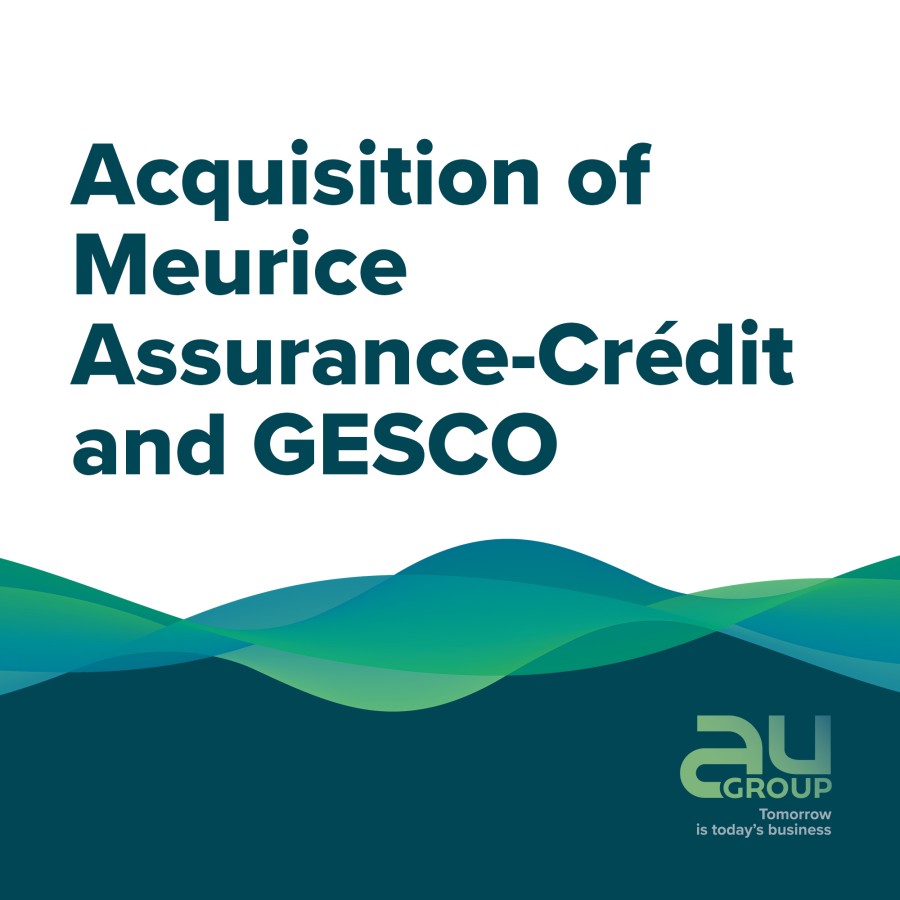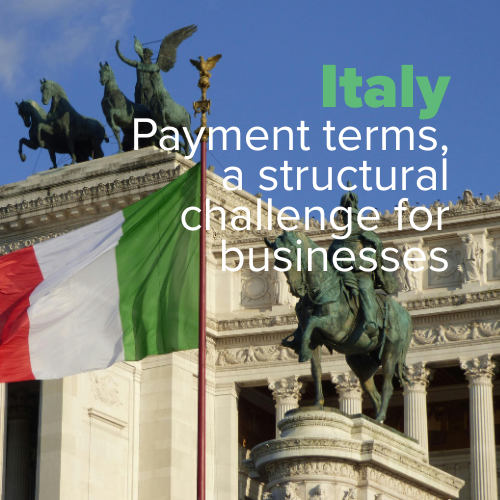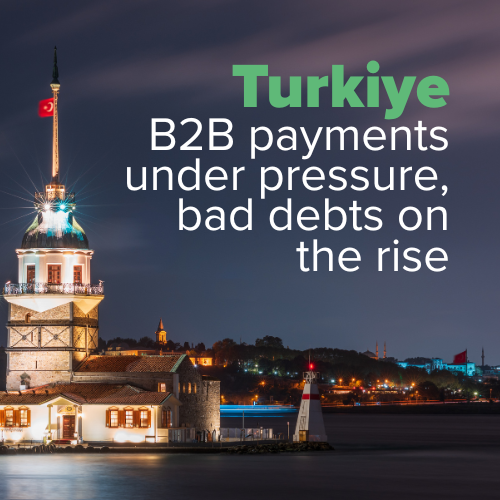Tomorrow
is today's business
18 Jul 2024
Aluminium : Navigating Sustainability and Market Dynamics
Sustainability is key
AU Group cares and therefore this quarter we focus on Aluminium, one of the most recycled elements, with a special focus on GCC due to a significant growth in the region in terms of AIuminium production and initiatives on recycling.
Aluminium is Among the Top Metals in the Food Market Chain
The growing need to transition to a more sustainable future has placed aluminium near the top of metals in the food market chain because of its strength, recyclability, and lighter weight.
Aluminium is also a critical metal for energy transition needed for transmission infrastructure, EVs, solar PV, renewable and low-carbon hydrogen, and wind turbines.
Current consumers of AIuminium are as follows: transport (27%), construction (25%), packaging (16%), electrical engineering, (13%), machinery & equipment (9%), consumer goods (5%). (World Bank)
Global Demand & Market Size of AIuminium
According to the International Aluminium Institute (IAI), global AIuminium demand is expected to increase by almost 40% by 2030.
The Aluminium Market size was valued at USD 179.22 billion in 2022 and is predicted to reach USD 302.04 billion by 2030, with a CAGR of 5.9%. (Reportlinker.com)
The World Bank has identified AIuminium as a “high-impact” and “cross-cutting” metal in all existing and potential green energy technologies from solar to geothermal.
AIuminium will play an important role in reducing the weight of electric vehicles, allowing automakers to get more mileage out of lithium-ion batteries. (World Bank)
Critical Raw Materials Act (CRMA)
European Union (EU) countries have added AIuminium to the list of minerals and metals covered by the Critical Raw Materials Act (CRMA). The Act is the centrepiece of the EU’s strategy for ensuring it has the necessary inputs to compete with the United States and China in the global race to decarbonise. The CRMA sets 2030 self-sufficiency targets of 10% of the bloc’s consumption for production, 20% for recycling and 50% for processing. (Reuters)
Aluminium is a critical component of many low-carbon technologies needed for the energy transition, such as batteries, carbon storage for low-carbon hydrogen, or wind turbines. Not only do we need more of it, but it also must be cost-competitive and low-carbon.
Today, Aluminium accounts for 2% of total GHG emissions globally, emitting about 1.1 billion tons of CO2e annually. Decarbonisation across the AIuminium supply chain is essential to retaining competitiveness and diversifying supply.
AIuminium : The Recycling Champion
The recyclability of Aluminium is a fundamental quality of this light metal. It has the potential for near-infinite recyclability. Between 42% and 70% of AIuminium is recycled at the end of its life, with rates as high as 90 % in some countries.
Recycling reduces the material’s carbon footprint by up to 20 times.
Recycling scrap AIuminium requires only 5% of the energy used to make new AIuminium from the raw ore. (World Bank)
Where is GCC in terms of exporting Non-Ferrous metals?
Although The Asia-Pacific market is projected to hold the dominant share by 2030, there has been a significant growth in the GCC region, with UAE at 238% between 2008 to 2021.
Bauxite Production almost doubled in absolute terms during the term 2008 to 2021 with increase in production in Saudi Arabia. Alumina production increased in UAE and Saudi Arabia and offset the decline of the US production (-77%) between 2014 and 2021. (World Bank)
The recent Coface Country Risk-Handbook, points out to AIuminium’s important place in Bahrain :
Significant AIuminium Exports, make Bahrain the 8th largest exporter in the world.
According to Allianz Trade:
21.9% of Bahrain’s exports is non-ferrous metals, ranking it as 2nd.
Whereas for UAE this percentage is 4.9%, ranking it as 5th and for Qatar is 2%, ranking it as 5th.
Where is GCC in terms of exporting Non-Ferrous metals?
This strategy projects an additional $5 billion in industrial sector growth by the year 2030.
AIuminium and fabricated metals are among the prioritised 6 sub sectors within this strategy.
The UAE is one of the top global producers of AIuminium. The industrial strategy will aim to expand its production capacity of fabricated metals. This will be achieved by enhancing the capabilities of the downstream and finished goods manufacturing domains to increase the overall added value and maximize benefits from the existing smelters. (economictimes.indiatimes.com)
ALBA : 1st Smelter in the Middle East
ALBA is one of the largest smelters in the world with more than 50 years of excellence in Operations, Safety, Environment and Socio-Economic Development.
As the leading AIuminium smelter in the Middle East, ALBA sits at the heart of a thriving AIuminium downstream sector in Bahrain, which accounts for approximately 12% of the Kingdom’s GDP.
ALBA is recognised as one of the top industrial companies in the world with high standards in Environment practices, Social contribution and Corporate Governance. 3 out of 6 priority areas of the Company’s ESG Roadmap outlines 6 priority areas focusing on AIuminium.
- Decarbonisation,
- Green Energy & AIuminium,
- Circular Economy & Secondary AIuminium
ALBA’s recent projects such as the first-of-its-kind US$37.5 million zero-waste Spent Pot Lining Treatment Plant and the upcoming 5-7 MW Solar Farm Project are tangible efforts to meet the goals of Bahrain’s Economic Vision 2030 as well as the Net Zero Carbon targets led by HRH the Crown Prince and Prime Minister of Bahrain.
EGA on the Recycling of AIuminium
EGA, the UAE’s largest industrial company outside the oil and gas sector, expects to be “competitive” in the second half of the year and said the global energy transition will boost demand for the metal in the long term.
The demand for AIuminium is projected to grow by 46 million tons globally by 2040 according to Zouhir Regragui, the chief financial officer of EGA. “Although the markets are lower than the record highs from last year, we believe in the future of AIuminium. The demand will increase, and the role of recycled AIuminium will grow,” Mr Regragui said. The UAE is the 5th-largest AIuminium producing country in the world with one tonne in every 25 made here. The AIuminium sector accounts for about 1.4% of the UAE’s economy, according to EGA. (thenationalnews.com)
Why decarbonisation of the AIuminium Industry is key to achieving the UAE’s net-zero goals?
According to the IAI, the total amount of recycled AIuminium scrap reaches more than 30 million tons globally every year, which is why it is considered one of the most recycled materials on the planet. 3/4 of all AIuminium ever produced is still in use today. Baking foil from the 1970s became a window frame in the 1980s and was then turned into a soda can in the 1990s and the virtuous cycle continues. Given that you can make 20 new cans from recycled material using the same amount of energy that it takes to make one brand new can, it is clear how impactful reusing AIuminium can be. (thenationalnews.com)
The Aluminium Recycling Coalition (initiated by EGA): one of the highlights of the sector
The coalition’s aim is to promote and advance AIuminium recycling practices. The coalition brings together industry stakeholders to collaborate on innovative solutions and raise awareness about the importance of AIuminium recycling.
Heads up on the risk assessment of Metals and in particular AIuminium
According to Allianz Trade Sector Atlas, Metals volatility and recession concerns threaten the short-term outlook. After reaching a peak in spring 2022, the prices of most metals, including AIuminium, have been gradually declining over 2023 due to recession fears.
Allianz Trade expects to see a lot of volatility in the short term, particularly for steel, palladium, cooper, and AIuminium.
The sector risk is sensitive !
The weaknesses are as follows:
- High exposure to geopolitical tensions and conflicts
- Fragmented supply chain at risk of disruptions
- Mining companies are facing increasing pressure related to ESG.
- High capital intensity
According to the Atradius Industry Performance Forecast, UAE is “cloudy” with respect to Metals.
AU Group is a global, 100% independent, French HQ’d specialist broker. We are present across 48 countries, with 56 offices and almost 100 years old.
We can guide you on all matters related to Receivables, Financing, Securitisation, AR management and specialty products such as Political Risk Insurance.
Would you be interested in finding out AU Group’s solutions?
Please contact AU Group Middle East, a team of experts on the metals sector with a special focus on AIuminium.
Our news

22 Jan 2026
Press release -AU Group strengthens its presence in the SME and mid-cap market with the acquisition of Meurice Assurance-Crédit and GESCO
Our CSR commitments
AU Group is committed to developing a sustainable world and economy by respecting people and managing natural resources.
Careers
We regularly recruit new talent to continue our development. Join a team of experts and become part of an international group which cares about its employees.

